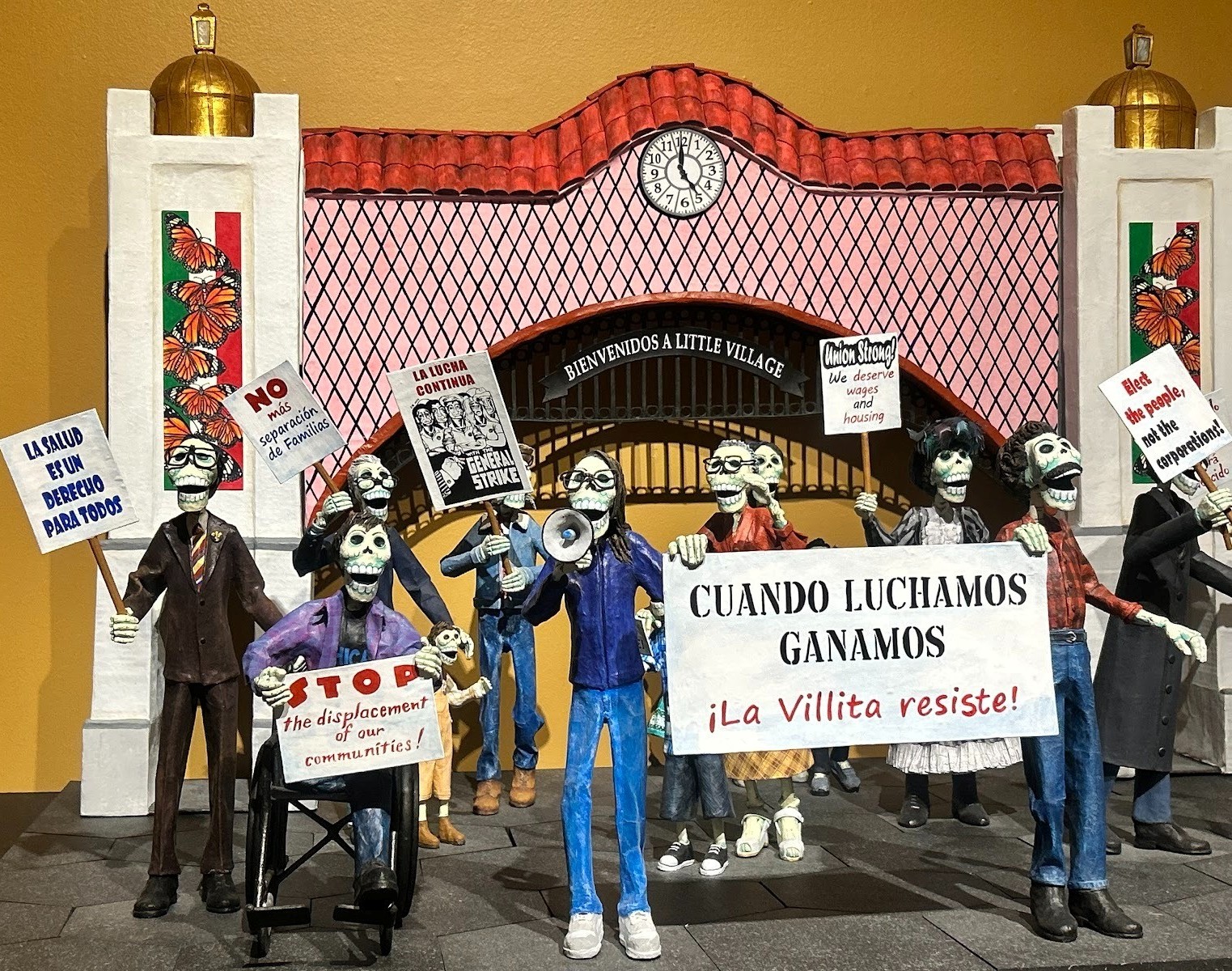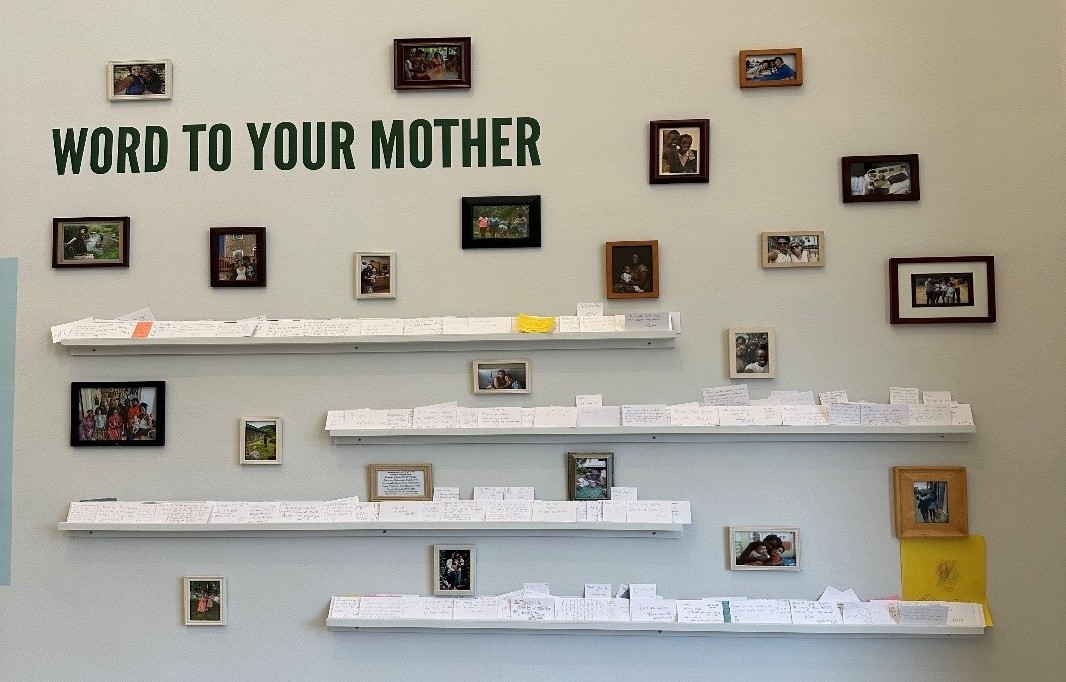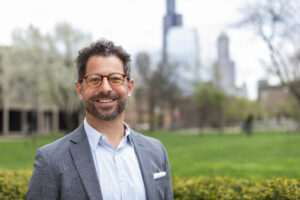Submitted on Sat, 03/22/2008 – 17:53.
Rashna Ghadialy became a U.S. citizen in February 2003. One month later, the Pakistani immigrant found her new homeland entering a war she didn’t agree with.
For Ghadialy and other Americans both for and against the war in Iraq, the past five years have been a period of political contention spotted with the emotions evoked by a country at war.
This week marks the fifth anniversary of the U.S. invasion into Iraq. Yet, despite the fact that citizens still hold polarizing views, a broader middle ground has immerged in that many believe there is no easy answer to the Iraq war’s future.
“This is not a matter of ‘staying the course’ or ‘pulling the troops out,'” said Joel Kassulke, an infantry officer and captain in the U.S. Army stationed in Leesville, La. “I just wish we knew as a country and as soldiers what they, the politicians, want us to accomplish.”
Kassulke, who was stationed in Iraq from July 2004 to August 2005, said the goals for Iraq need to be more clearly defined before the country can consider a troop withdraw. There are currently about 157,000 U.S. troops in Iraq, according to the Brookings Institution, a nonprofit public policy organization based in Washington, D.C.
“It is just my opinion at this point in time that Iraq is not at a point where it can run all the necessary services it needs as a government to provide for its people,” Kassulke said.
Judy Parker was one of about 50 demonstrators at a peace vigil hosted by Ghadialy and held on Chicago’s North Side March 19 to mark the war’s fifth anniversary.
Although she supports a troop withdraw, she isn’t convinced the American public has all the answers from the current administration about the combat situation, financial spending and military goals in Iraq.
“It disturbs me that more people aren’t up in arms about this. They just go about their lives,” said Parker. “One percent of the population, the soldiers, they carry the brunt of this.”
Diane Hardinson, a Chicago resident and U.S. Navy veteran who opposes the war, attended the Wednesday night peace rally. She said the American public needs to pay more attention to the war in Iraq and educate themselves on the subject.
“I think [change] is possible, but unless you read and think about it, it’s just a sound bite,” Hardinson said.
Ghadialy said she, too, doesn’t want the American public to lose sight of the situation in Iraq.
“We cannot let this subject leave the front pages of our newspapers,” Ghadialy said. “It’s very important in our neighborhoods that we acknowledge this terrible tragedy. This war is costing our country a lot, both in human life and in dollars.”
Nearly 4,000 U.S. servicemen and women have died and more than 29,000 have been seriously wounded in Iraq since the start of the war. Estimates put the Iraqi civilian casualties between 82,000 and 89,000 since March 2003.
“I think about this every day,” said Parker.
In terms of monetary costs, the National Priorities Project, a Massachusetts-based non-profit research organization that analyzes federal data, puts the figure at about $505 billion for Iraq. The Congressional Research Service, which submitted a report to Congress Feb. 8, says the U.S. has spent about $700 billion in both Iraq and Afghanistan since Sept. 11, 2001.
James Fearon, a political science professor at Stanford University, wrote an article titled “Iraq’s Civil War,” which appeared in the Council on Foreign Relations’ publication “Foreign Affairs” last year. Fearon outlined how the conflict has turned into a civil war between the Sunnis and Shiites beyond control of the U.S.
Today, Fearon says the United States found temporary success in the troop surge of 2007. But the current Iraqi government’s power-sharing agreement, he said, will be difficult and costly to maintain.
“It doesn’t put us in a position, in President Bush’s words, for Iraq to ‘govern itself, sustain itself, and defend itself,'” he said.
Fearon suggests the violence will not end. He estimates the United States could be in Iraq 15 to 20 years.
“The path we’re on implies a very, very long-term commitment,” he said.
If the options are either a long-term occupation or pulling out in two years, Fearon doesn’t know if there is a right answer. He would like to see a more serious discussion of a worst-case scenarios in the event of a troop withdraw.
Kassulke agreed that a “right” answer is illusive.
“I do not believe we should be in Iraq forever, nor do I agree that we should leave now,” said Kassulke. “It is a double edged sword if we stay public opinion swings further away from support, but if we pull out it becomes another Vietnam where we didn’t necessarily lose, but we also leave feeling unaccomplished.”
Categories:
Global Public
Tags:
iraq war






Be First to Comment